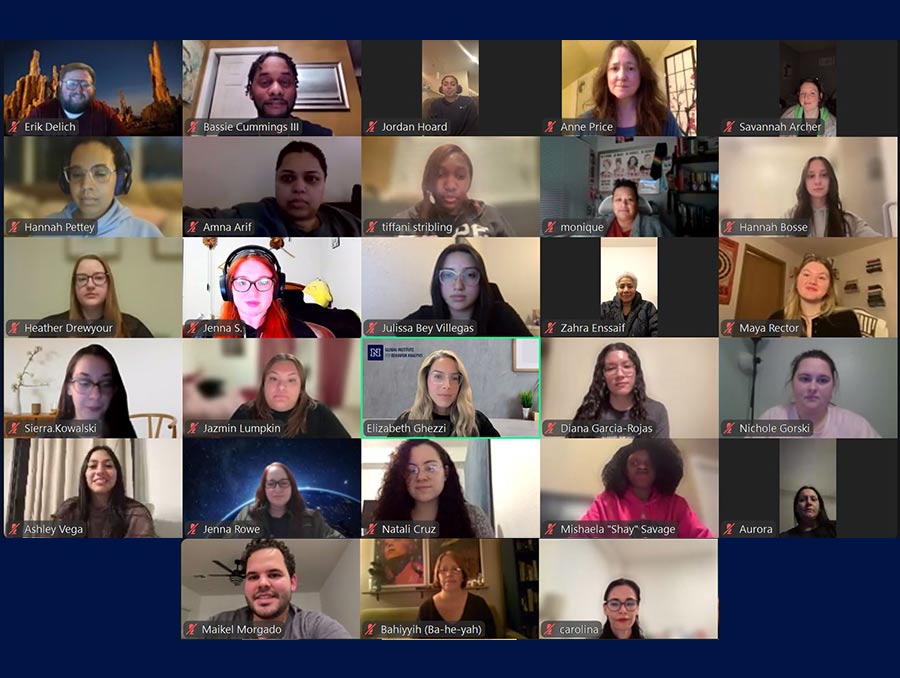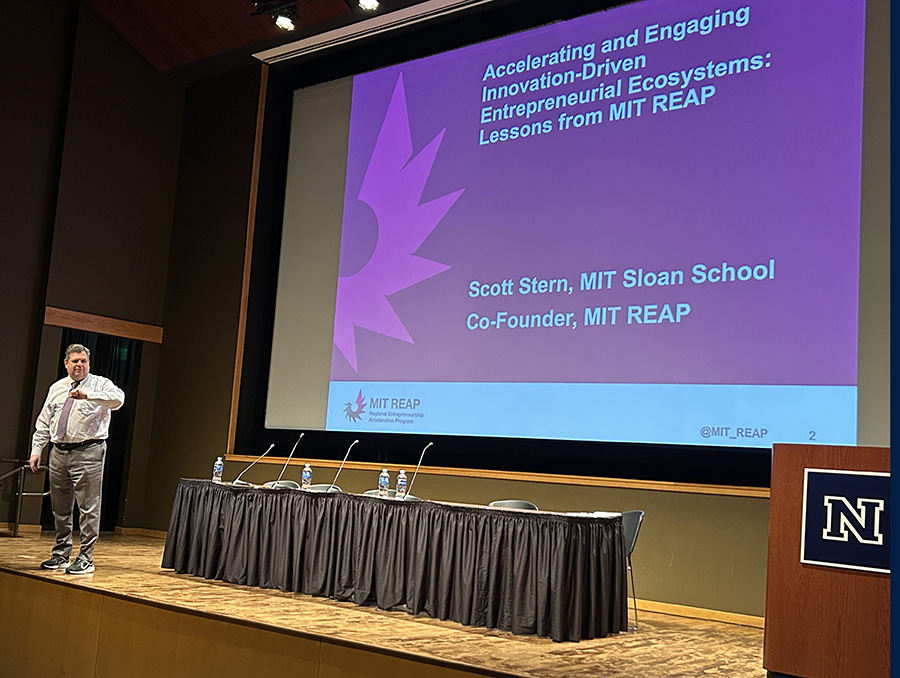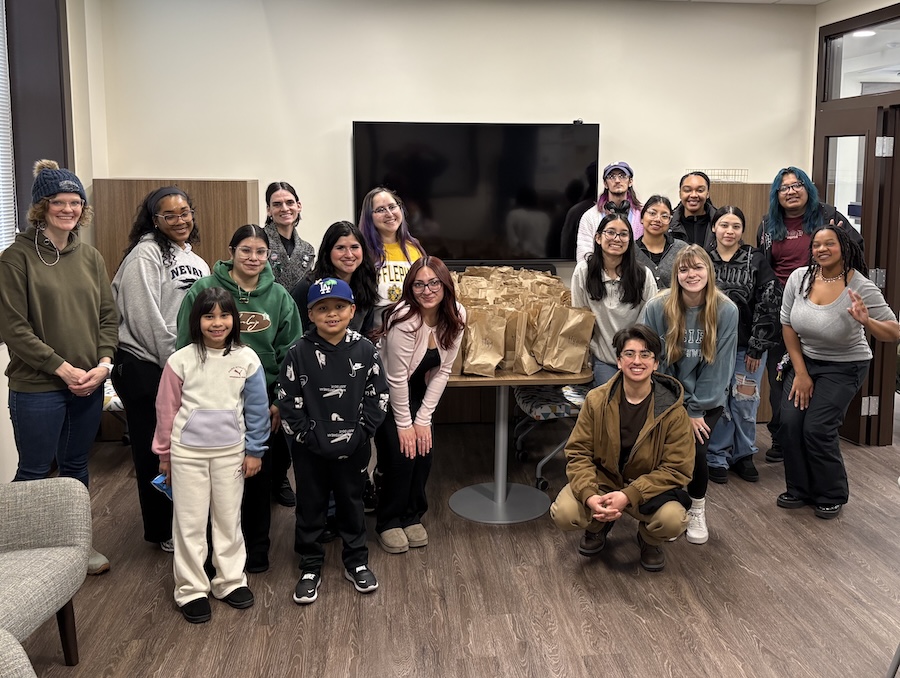
As the Delta variant of COVID-19 sweeps across the United States and the world, more businesses, companies, and universities are requiring vaccination. Hesitancies to vaccinate come from a variety of places but educating yourself on the risks of the vaccine versus the risk of getting COVID can help aid your decision.
Is the COVID-19 vaccine dangerous?
No! People were hesitant to trust the COVID-19 vaccine because of how quickly it was produced. However, the technology used in the make-up of the vaccine is different from other vaccines. Particularly, the COVID-19 vaccine uses Messenger RNA (mRNA) and this technology has been studied and perfected by scientists over the last twenty years.
We’ve ultimately been working on the technology for this vaccine and waiting for a pandemic or similar kind of situation to occur. This is what allowed the vaccine to be produced so quickly.
mRNA functions differently than other vaccines, like the flu vaccine. According to the CDC, “to trigger an immune response, many vaccines put a weakened or inactivated germ into our bodies. Not mRNA vaccines. Instead, they teach our cells how to make a protein—or even just a piece of a protein—that triggers an immune response inside our bodies. That immune response, which produces antibodies, is what protects us from getting infected if the real virus enters our bodies.”
The mRNA technology was developed because researchers believe it is safer than putting a virus inside you, and it is. A board of physicians and specialists reviewed the data, and the results showed that these vaccines are safer than the alternative of not getting vaccinated.
Why is the COVID-19 vaccine just now getting FDA approved?
Pfizer, Moderna, and Johnson & Johnson were all authorized for emergency use by the Food and Drug Administration (FDA). The Pfizer vaccine recently received full FDA approval. When the FDA reviews vaccines, they go through a much more rigorous review than typical drugs. In essence, vaccines are given to healthy people, so the FDA is looking at the side effects and success of the vaccine very closely. Therefore, it has taken several months for the vaccine to be fully approved by the FDA.
Currently, 171 million Americans are vaccinated, and ultimately all those people have participated in a research study that has helped the FDA approve the vaccine.
What are the risks of the vaccine versus COVID-19?
So far, the benefits of getting the vaccine outweigh the risks. Getting COVID-19 is much riskier than getting the vaccine. We know that there are serious complications, including hospitalization and death, to getting COVID-19. No age group or person is exempt from these complications.
Now that we’ve been dealing with COVID-19 for more than a year, we are also starting to learn about the long-term effects. Some of these include breathing issues, heart problems, kidney damage, lost or distorted senses of smell and taste, neurological issues, autonomic nervous system symptoms, diabetes and mental health issues.
For most people the symptoms of the vaccine last between 24-48 hours. The possible side effects include pain, redness, swelling, tiredness, headache, chills, fever, and nausea.
People who are fully vaccinated are less likely than unvaccinated people to get COVID-19 or transmit it to others. This is why Dr. Rochelle Walensky, the director of the CDC, referred to the current context as the “pandemic of the unvaccinated.” It’s important for people to understand that no one is “safe” from the serious side effects of COVID-19. The vaccine is the only way to stop the spread and protect yourself, your family members, your friends, and your community from this disease.
If you’re interested in learning more about the vaccine, we recommend you read the Understanding the mRNA COVID-19 Vaccines article from the Center of Disease Control.
To get vaccinated:
- Make a vaccine appointment at no cost by contacting the University Student Health Center at 775-784-6598. The Student Health Center continues to offer daily COVID-19 testing by appointment as well.
- Make a vaccine appointment with the Washoe County Health District.
- Text your zip code to 438829 to get three locations near you with vaccines in stock.
- Use the COVID-19 Vaccine Locator from Immunize Nevada.
Sources
















